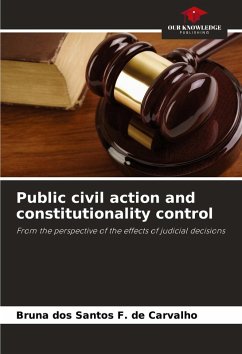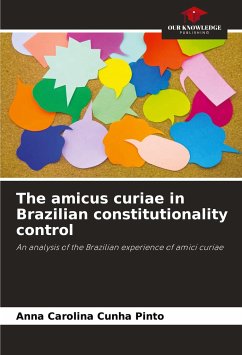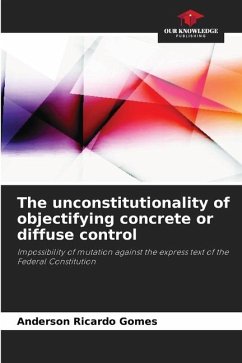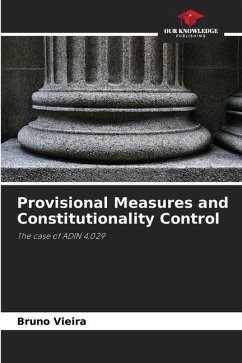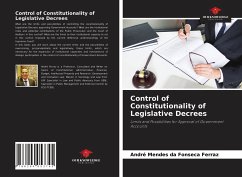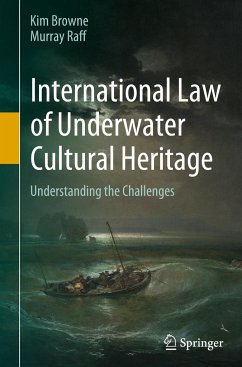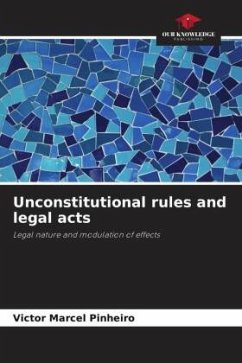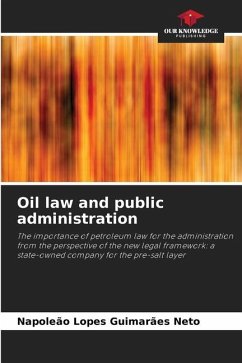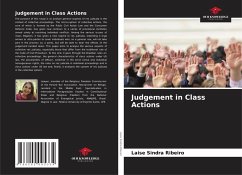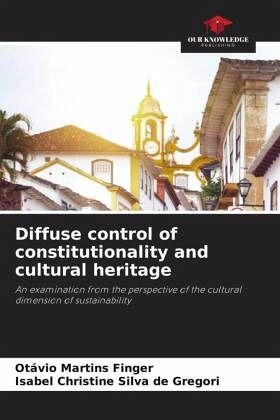
Diffuse control of constitutionality and cultural heritage
An examination from the perspective of the cultural dimension of sustainability
Versandkostenfrei!
Versandfertig in 6-10 Tagen
45,99 €
inkl. MwSt.

PAYBACK Punkte
23 °P sammeln!
This work seeks to relate the themes of diffuse control of constitutionality, an important element of constitutional jurisdiction, and Brazilian cultural heritage, a diffuse fundamental right of collectivities, based on the 1988 Federal Constitution, considering the bias of cultural sustainability. The main objective is to clarify whether diffuse control can function as a mechanism for protecting cultural heritage in Brazil.To this end, we chose to examine cases judged by the courts involving incidental control and cultural heritage. A total of 12 cases were selected from seven Brazilian court...
This work seeks to relate the themes of diffuse control of constitutionality, an important element of constitutional jurisdiction, and Brazilian cultural heritage, a diffuse fundamental right of collectivities, based on the 1988 Federal Constitution, considering the bias of cultural sustainability. The main objective is to clarify whether diffuse control can function as a mechanism for protecting cultural heritage in Brazil.To this end, we chose to examine cases judged by the courts involving incidental control and cultural heritage. A total of 12 cases were selected from seven Brazilian courts, with jurisdiction in all regions of the country. In all the judgments, issues relating to the control of constitutionality are discussed, in parallel with discussions on the protection of the right to cultural heritage, in the light of the constitutional precept and including the most varied forms of material and immaterial heritage.





